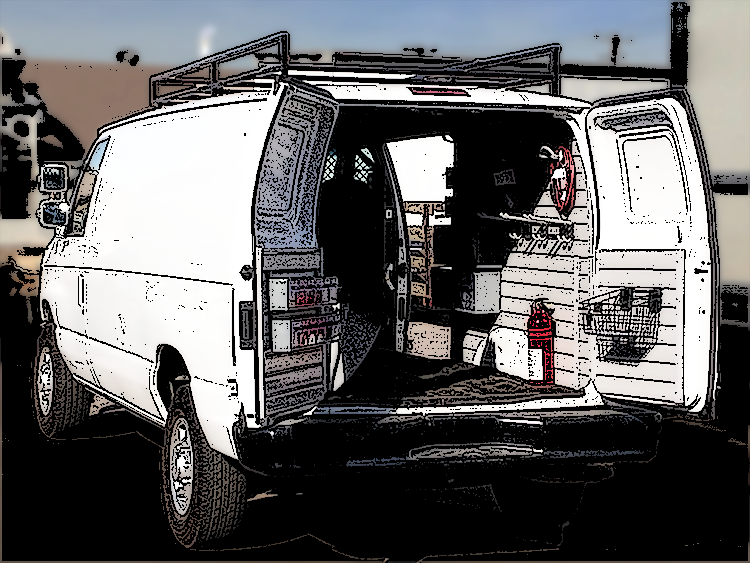Taking the guesswork out of common SME topics so you can get it “right first time”.
Having discussed entertainment expenses in our previous issue, we now take a look at another very common type of expenditure: motor vehicle expenses.
We will use some examples to illustrate how and what we can claim as motor vehicle expenses.
Example 1
Q: Mr. Jo Bloggs is a sole trader (also applicable to partners in a partnership), and uses his ute for work purposes. He stores his tools and other work-related equipment in the ute, and his home is his base of operations. He has another car which he uses for any private travel. Can Mr. Jo Bloggs claim motor vehicle expenses on the ute?
A: Yes, since Mr. Jo Bloggs has another vehicle that he uses for private purposes and the ute is used only for business (therefore a 100% business vehicle), he can claim 100% of the motor vehicle expenses. Mr. Bloggs will have to bring the ute into the books and can claim depreciation on it.
Example 2
If in the above example, Mr. Jo Bloggs did not have another car and used the ute for both work and private travel, he will then have to maintain a log book for a period of 90 days every three years in order to work out the business use percentage. Mr. Bloggs will only be able to claim ute motor vehicle expenses to the extent of the business use percentage based on the log book. This scenario is also applicable to partners in a partnership.
Example 3
Q: Mr. J Chan is a sole trader (also applicable to partners in a partnership), and is an IT consultant. He uses his vehicle to travel to his clients’ premises but the travel is not extensive. Mr. Chan does not have another vehicle that he can use for private purposes and he does not wish to bring his car into the books. What options does Mr. Chan have?
A: Mr. Chan can claim mileage rates stipulated by the IRD. The 5,000 kilometre cap for sole traders was abolished from 1st April 2017. The new rules require the person to make an election to apply these rules in the year they acquire the vehicle, or apply for a transitional election in the 2018 year for pre-existing vehicles. The new rates are set based on the average per kilometre cost for the average vehicle and is divided into two tiers. Tier 1 provides recovery of both operating costs and fixed costs. Tier 2 provides recovery of operating costs only. The levels of kilometres and kilometre rates for both tiers have yet to be set by IRD. The rate for each tier is applied to the specified distances set for the tier and multiplied by the percentage of business use.

Remember, travel between work and home is not termed as work-related travel – this is classed as personal.
When a company owns a car, it can claim all of the vehicle’s expenses. However, if this car is available to shareholder employees for private use then the company must do one of the following:
- Make a fringe benefit private use adjustment for the car for all of the days it was available for private use; or
- Pay fringe benefit tax (FBT) on the days the car is available for private use; or
- From 1st April 2017 special rules apply to cars used by shareholder employees, where the company is a ‘close company’ (five or fewer shareholders who are all natural persons – no trust shareholders). Under these new rules, the company can run a log book for three months to calculate the business usage of the car. This can then be used to make a private use adjustment for car expenses in a similar fashion to that done by partnerships. One of the conditions for using this method is that the total fringe benefits provided to all employees are one or two motor vehicles, and the company elects to use this method.
FBT must be paid where a company car is available for the private use of ordinary employees.
We recommend keeping complete and accurate records of all motor vehicle expenses incurred. These records should include:
- The invoice for the purchase of the vehicle
- Any lease/hire purchase agreements
- All running costs (e.g. petrol, maintenance)
- Invoices for any permanent additions to the vehicle
The IRD recognises the widespread use of vehicles as a business asset. Considering how easy it is to switch between business and private use, motor vehicle expenses are given a special treatment. It is very important to be able to justify the expense claims you make, therefore, always remember that when in doubt speak to your friendly accountant!
